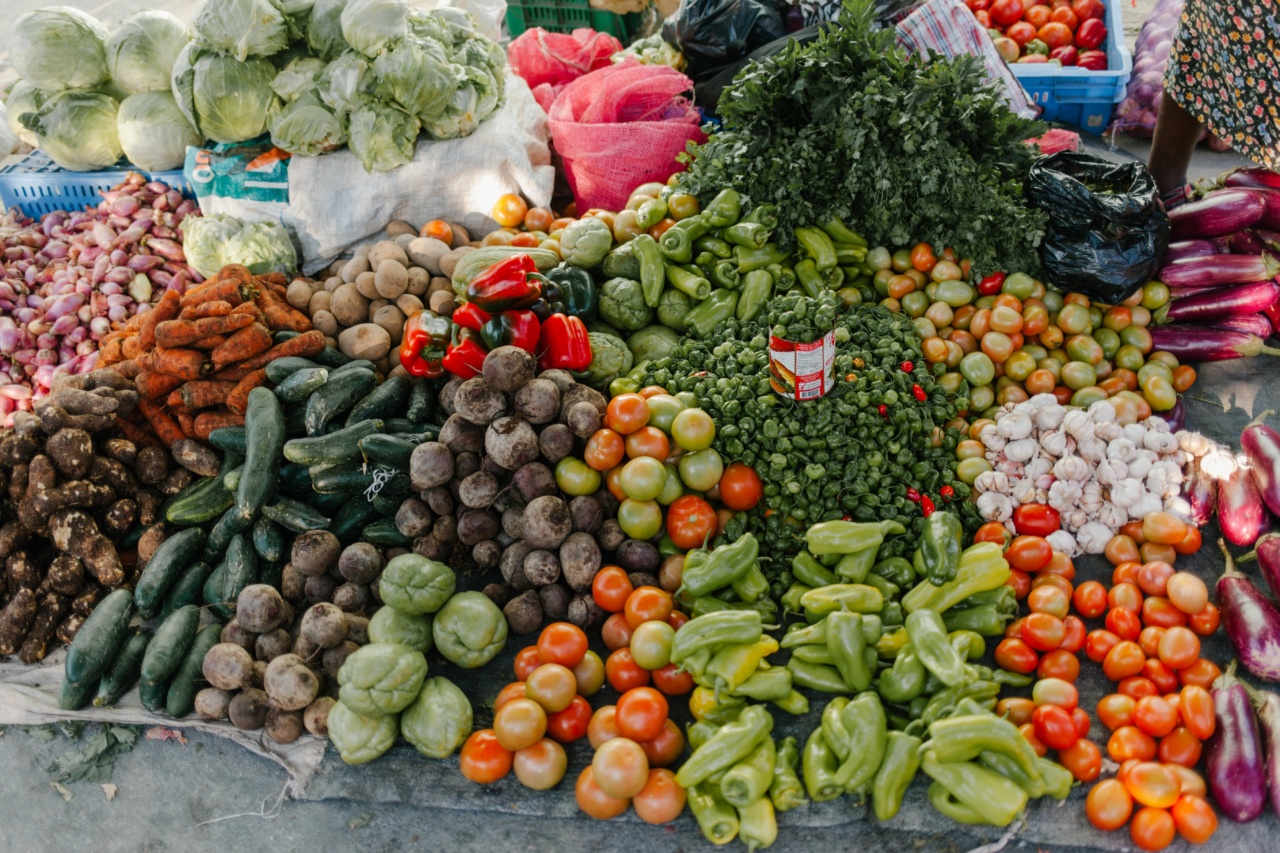For many of us, storing potatoes in the fridge or freezer seems like the most convenient option. However, storing potatoes in the fridge can actually make them go bad faster and negatively impact their taste and texture.
In fact, there are several science-backed reasons why you should never store potatoes in the fridge.
Potatoes get sweeter in the fridge
When potatoes are stored at low temperatures, the starch in them will break down into more simple sugars. This process, also known as “cold-induced sweetening,” changes the taste and texture of potatoes and makes them sweeter.
While sweetness may be desirable in some foods, it can be detrimental to the flavor of potatoes as it can overpower their earthy taste.
Additionally, when potatoes are cooked, the increase in sugar can cause them to burn easier and produce a less desirable color.
Fridge temperatures can cause decay and spoilage
Another reason to avoid storing potatoes in the fridge is the potential for decay and spoilage.
Unlike many fruits and vegetables, potatoes do not thrive in cold temperatures and are actually more susceptible to rot in high-moisture environments such as a fridge.
When potatoes are exposed to cold, damp conditions, the moisture can accelerate the growth of bacteria and mold, leading to spoilage and decay.
The fridge can lead to texture changes
Storing potatoes in the fridge can also lead to changes in their texture. Potatoes that have been stored in the fridge can become mealy and dry, which can be unpleasant to eat or cook with.
Additionally, the cold temperatures can cause the skin of the potato to become tough and difficult to remove. This can lead to the loss of more of the potato’s nutritional value as the skin is where much of the fiber and nutrients are found.
Potatoes prefer a cool, dark spot
So where should you store your potatoes instead of the fridge? Potatoes prefer to be stored in a cool, dark spot such as a pantry or cupboard. The ideal temperature for storing potatoes is around 45 to 50 degrees Fahrenheit (7-10 degrees Celsius).
Additionally, it is important to keep potatoes away from light as exposure to light can cause the potatoes to turn green and produce solanine, which can cause digestive issues.
Storing potatoes with other vegetables can speed up spoilage
While it may be tempting to store all your produce together, it is best to store potatoes separately from other vegetables. This is because potatoes release a gas called ethylene which can cause nearby produce to ripen and spoil faster.
It is recommended to keep potatoes in a paper bag or specially designed potato storage container to allow for proper air circulation while also protecting them from light and other produce.
Potatoes can off-gas harmful chemicals
Lastly, it is important to note that storing potatoes for too long can cause them to off-gas solanine and other harmful chemicals, which can make them unfit for consumption.
These off-gases are a natural occurrence in potatoes but can become toxic in high concentrations.
To avoid any risk of consuming harmful chemicals, it is important to regularly check your potatoes for signs of spoilage or damage and to use them within a reasonable time frame.
Conclusion
It is clear that storing potatoes in the fridge is not the best option. From texture changes to increased spoilage and even potentially harmful off-gases, there are several science-backed reasons to avoid storing your potatoes in the fridge.
By storing your potatoes in a cool, dark spot and keeping them away from other produce, you can ensure that your potatoes stay fresh and flavorful for longer.































